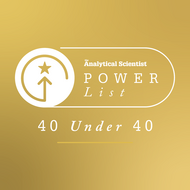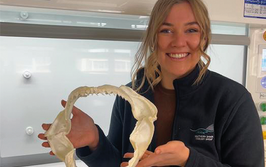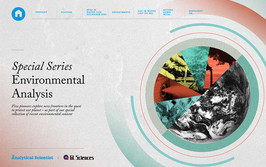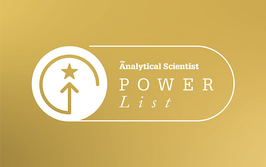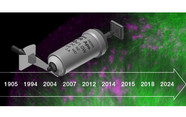Vladimir Michaelis

Associate Professor and Canada Research Chair in Magnetic Resonance of Advanced Materials, Department of Chemistry, University of Alberta, Canada
Challenges? Sourcing and securing a safe supply of liquid helium is the biggest challenge ahead of us. Liquid helium is critical for superconducting magnets and associated research including magnetic resonance imaging (MRI) and nuclear magnetic resonance (NMR) within the physical and applied sciences. These disruptions lead to decommissioning of magnets and facilities worldwide.
Predictions? Major technological advances in analytical hardware will continue for the foreseeable future in solid-state and dynamic nuclear polarization (DNP) NMR spectroscopy. Higher magnetic fields, faster magic-angle spinning, 2D and 3D multidimensional approaches and polarization boosting methods will enable exploration of exotic quadrupolar nuclei, which make up the majority of the NMR active nuclei in the periodic table. The evolution of data mining, repositories and artificial intelligence will allow the field of NMR spectroscopy to be used more broadly.
Advice? Each journey is unique. Be open to listening to other experiences (good and bad) and map out your own path. There will be many failures along the way but celebrate every success no matter how small – the rest is noise.
